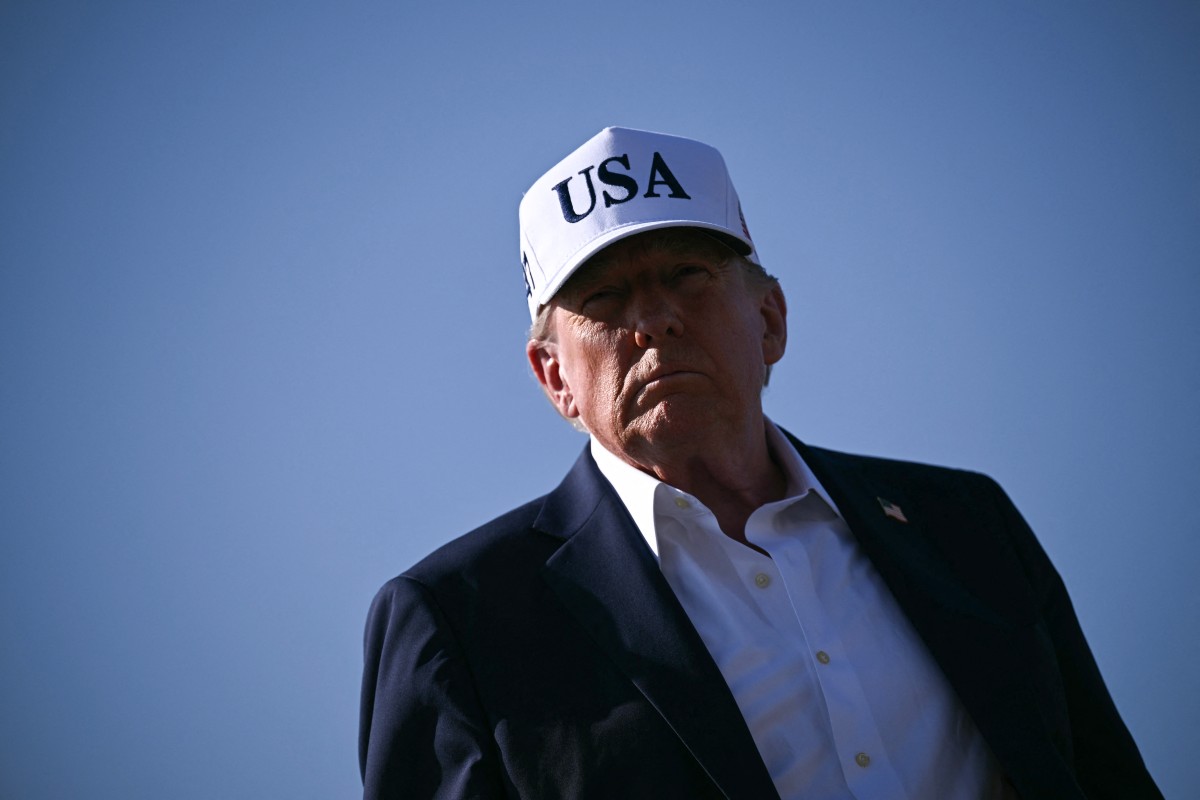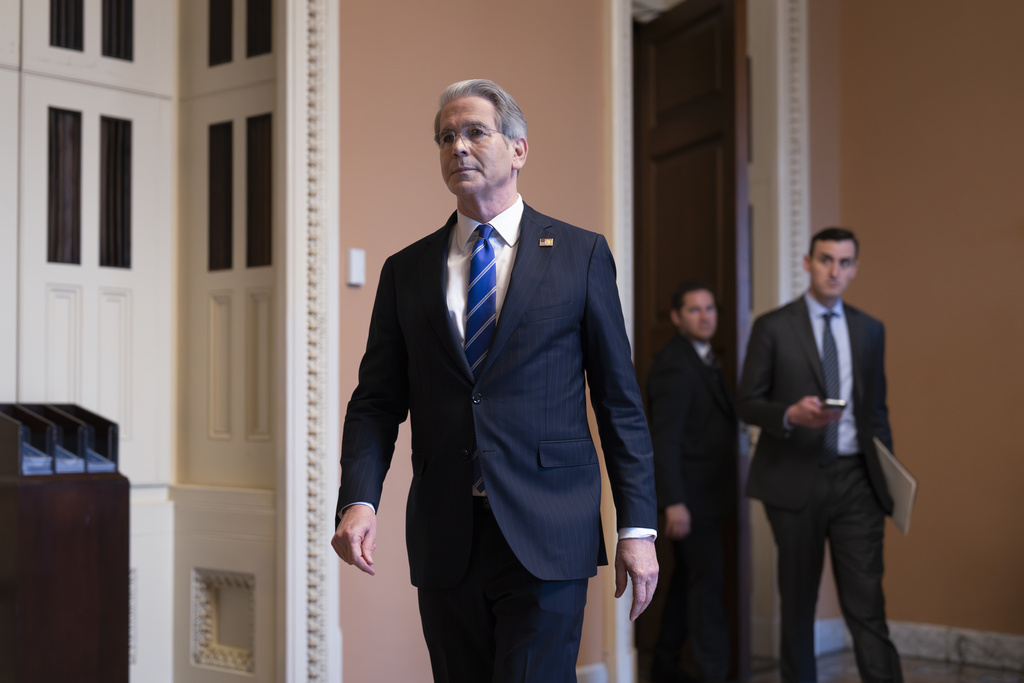
MORRISTOWN, New Jersey - The United States is close to finalizing several trade pacts in coming days and will notify other countries of higher tariff rates by July 9, President Donald Trump said on Sunday, with the higher rates set to take effect on Aug 1.
Since taking office, Trump has set off a global trade war that has roiled financial markets and sent policymakers scrambling to protect their economies, through efforts such as deals with the United States and other countries.
In April Trump unveiled a base tariff rate of 10 percent on most countries and additional duties ranging up to 50 percent, although he later delayed the effective date for all but 10 percent until July 9. The new date offers countries a three-week reprieve.
Trump, whose remarks to reporters on Sunday came just before his return to Washington from a weekend golfing in New Jersey, had flagged the Aug 1 date earlier, but it was unclear if all tariffs would increase then.
Asked to clarify, Commerce Secretary Howard Lutnick told reporters the higher tariffs would take effect on Aug 1, but Trump was "setting the rates and the deals right now".
In a posting on his Truth Social website, Trump later said the US would start delivering tariff letters from 12:00 pm ET (1600 GMT) on Monday.
Earlier on Sunday, US Treasury Secretary Scott Bessent told CNN's State of the Union that several big trade agreements would be announced in the next days, adding that European Union talks had made good progress.
Trump would also send letters to 100 smaller countries with which the United States does not have much trade, notifying them of higher tariff rates, he added.
"President Trump's going to be sending letters to some of our trading partners saying that if you don't move things along, then on August 1 you will boomerang back to your April 2 tariff level," Bessent said.
"So I think we're going to see a lot of deals very quickly."
ALSO READ: Japanese PM vows to protect national interests in US tariff talks
Kevin Hassett, who heads the White House National Economic Council, told CBS's Face the Nation program there might be wiggle room for countries engaged in earnest negotiations.
"There are deadlines, and there are things that are close, and so maybe things will push back past the deadline," Hassett said, adding that Trump would decide.

'I hear good things'
Stephen Miran, chairman of the White House Council of Economic Advisers, told ABC News' This Week program that countries needed to make concessions to get lower tariff rates.
"I hear good things about the talks with Europe. I hear good things about the talks with India," Miran said. "And so I would expect that a number of countries that are in the process of making those concessions ... might see their date rolled."
Bessent told CNN the Trump administration was focused on 18 important trading partners that account for 95 percent of the US trade deficit. But he said there had been "a lot of foot-dragging" among countries in finalizing trade deals.
Thailand, keen to avert a 36 percent tariff, is now offering greater market access for US farm and industrial goods and more purchases of US energy and Boeing jets, Finance Minister Pichai Chunhavajira told Bloomberg News on Sunday.
India and the United States are likely to make a final decision on a mini trade deal in the next 24 to 48 hours, local Indian news channel CNBC-TV18 reported on Sunday, with average tariffs of 10 percent on Indian goods shipped to the US, it said.
Hassett told CBS News that framework agreements already reached with Britain and Vietnam offered guidelines for other countries. He said Trump's pressure was prompting countries to move production to the United States.
The Vietnam deal was "fantastic", Miran said.
READ MORE: EU to accept Trump universal tariff but seeks key exemptions
"It's extremely one-sided. We get to apply a significant tariff to Vietnamese exports. They're opening their markets to ours, applying zero tariff to our exports."


